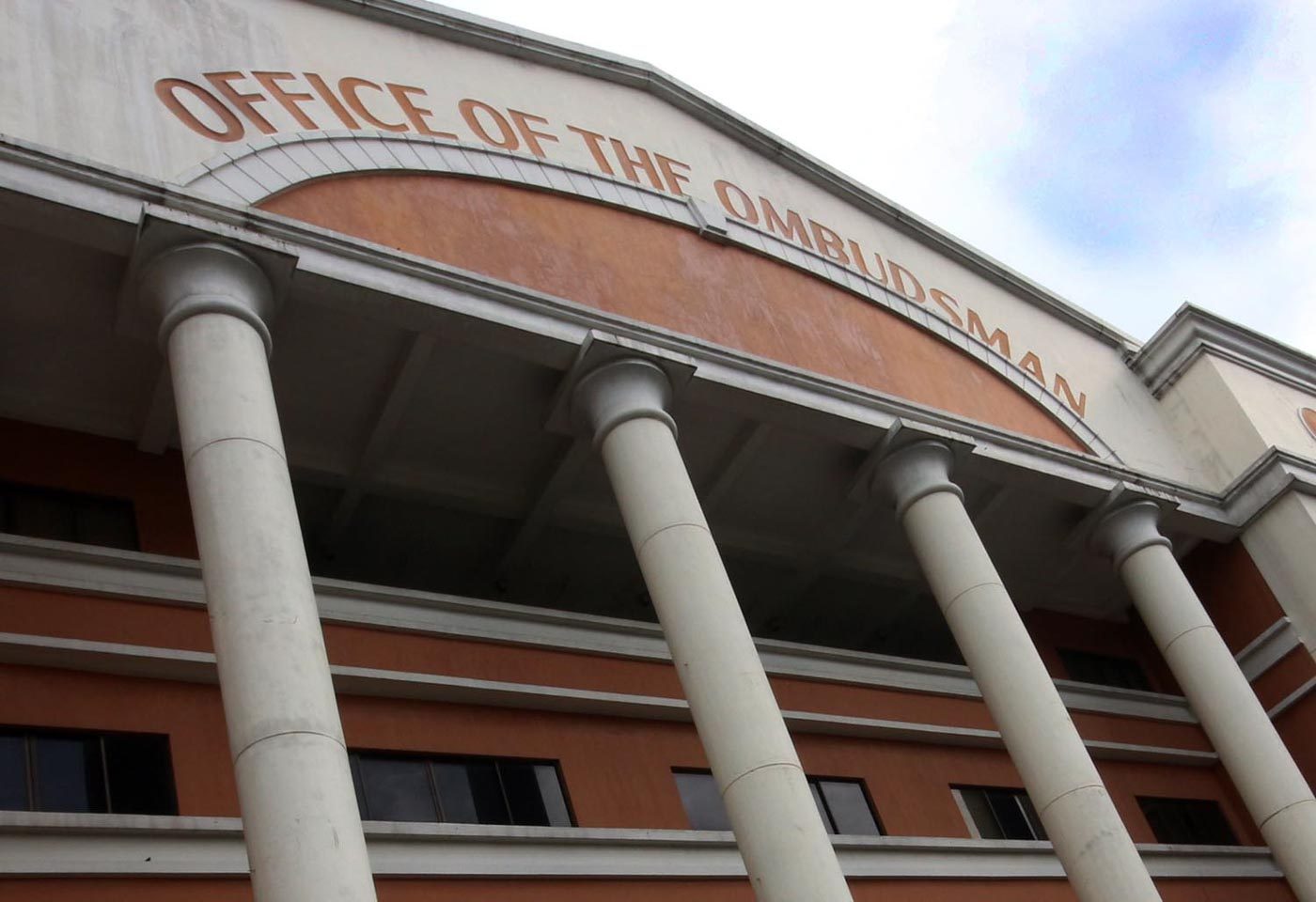SUMMARY
This is AI generated summarization, which may have errors. For context, always refer to the full article.

MANILA, Philippines – “At long last,” former ombudsman Conchita Carpio Morales said when notified of the Supreme Court ruling that now disallows courts from including the fact-finding phase in their determination of cases suffering inordinate delay.
Inordinate delay can acquit a defendant who invokes his or her constitutional right to a speedy trial.
In an 8-2-4 vote, the Supreme Court said that the fact-finding phase of an investigation should not be part of the counting period when determining if a case has dragged for far too long.
“I had been openly arguing against it for years,” Morales said, referring to the exclusion of the fact-finding phase.
“At long last, the SC has listened but not before many cases involving high-profile and high government officials, against whom the evidence was very strong, [had their cases] dismissed on that ground,” Morales said.
Morales had in fact wanted to strike down the inordinate delay doctrine altogether, as she did with the condonation doctrine – another popular defense of defendants.
Nonetheless, this ruling is good news for the Office of the Ombudsman.
“[The doctrine] has the potential of emboldening malfeasors in government because of the perception of impunity that it engenders. It makes available a legal strategy – dilatory tactics – to those who would want to subsequently benefit from them,” the Office of the Ombudsman told the Supreme Court in a petition filed in 2016.
The ruling is seen to reduce the number of Ombudsman cases that get dismissed due to inordinate delay.
The anti-graft court Sandiganbayan has dismissed hundreds of Ombudsman cases due to this doctrine, including high-profile cases such as the P6-billion Radstock debt deal, graft cases related to the fertilizer fund scam, and a graft case involving an anomalous construction project by the Parojinog family in Ozamiz.
Effect of the ruling
At the Office of the Ombudsman, investigations start with fact finding, which is handled by the Field Investigation Office (FIO). Investigators begin their probe either after a complaint is filed before them or on their own initiative.
When they see enough basis for the filing of a case, FIO personnel file a complaint with the Preliminary Investigation and Administrative Adjudication Bureau (PIAAB) or its counterparts.
That’s the only time the case is docketed for preliminary investigation, and the Ombudsman proceedings become criminal in nature.
Morales had always insisted on excluding the fact-finding phase from the count.
“A fact-finding investigation is confidential in nature, and the respondent does not even know, or is even unaware, of the said procedure, hence it should not form part of preliminary investigation,” the Office of the Ombudsman said in the petition.
The full decision of the Supreme Court is not available yet, but Court Spokesman Theodore Te said “it’s likely” that the ruling will not apply to previous cases.
Implications
Is this an absolute victory for the Office of the Ombudsman?
Even though the fact-finding phase is excluded from the count, this will not stop courts from noticing inordinate delay at the preliminary investigation period.
Courts also have different criteria in determining the number of years that would constitute inordinate delay.
Morales once slammed the Sandiganbayan for their “confusing standards,” saying “interpretations of inordinate delay range from a high of 14 years to as short as 4 years.”
In the graft cases of former Caloocan mayor Enrico “Recom” Echiverri, for example, two Sandiganbayan divisions had different rulings on inordinate delay; the First Division decided two years and 5 months to two years and 11 months constitute delay, while the Special Sixth Division decided two years and 4 months is reasonable.
The cases involve the same people, involving the same instances, and issued within days of each other, yet the rulings were different.
Challenge for Martires
Here is where new Ombudsman Samuel Martires can come in.
Martires said he has a solution in mind, which he will tell Ombudsman officials soon.
In his Judicial and Bar Council (JBC) interview, Martires said he would create a special team of lawyers and technology experts to digitize the process. Through this, monitoring would become more stringent, and delay would be avoided, he said.
Delays are also a result of corruption, a scheme called the “parking fee” where defendants allegedly bribe investigators to “park” the cases with the end goal of having them dismissed by the court for inordinate delay.
Special Prosecutor Edilberto Sandoval said the payoff occurs during the investigation period.
If it occurs at the FIO level, then the problem is somehow solved with this ruling.
If it occurs at the PIAAB, or the preliminary investigation stage, then Martires is faced with a challenge.
Martires said his first step would be to call defense attorney Edna Batacan who had earlier admitted being victimized by Ombudsman officials extorting “parking” fees from defendants. Martires said he’d ask Batacan to identify the officials.
As of December 2017, the Office of the Ombudsman under Morales had an all-time high conviction rate of 77%.
It is now up to Martires to do better than his predecessor, especially now that the Supreme Court had effectively eased the Ombudsman’s problems with inordinate delay. – Rappler.com
Add a comment
How does this make you feel?
There are no comments yet. Add your comment to start the conversation.